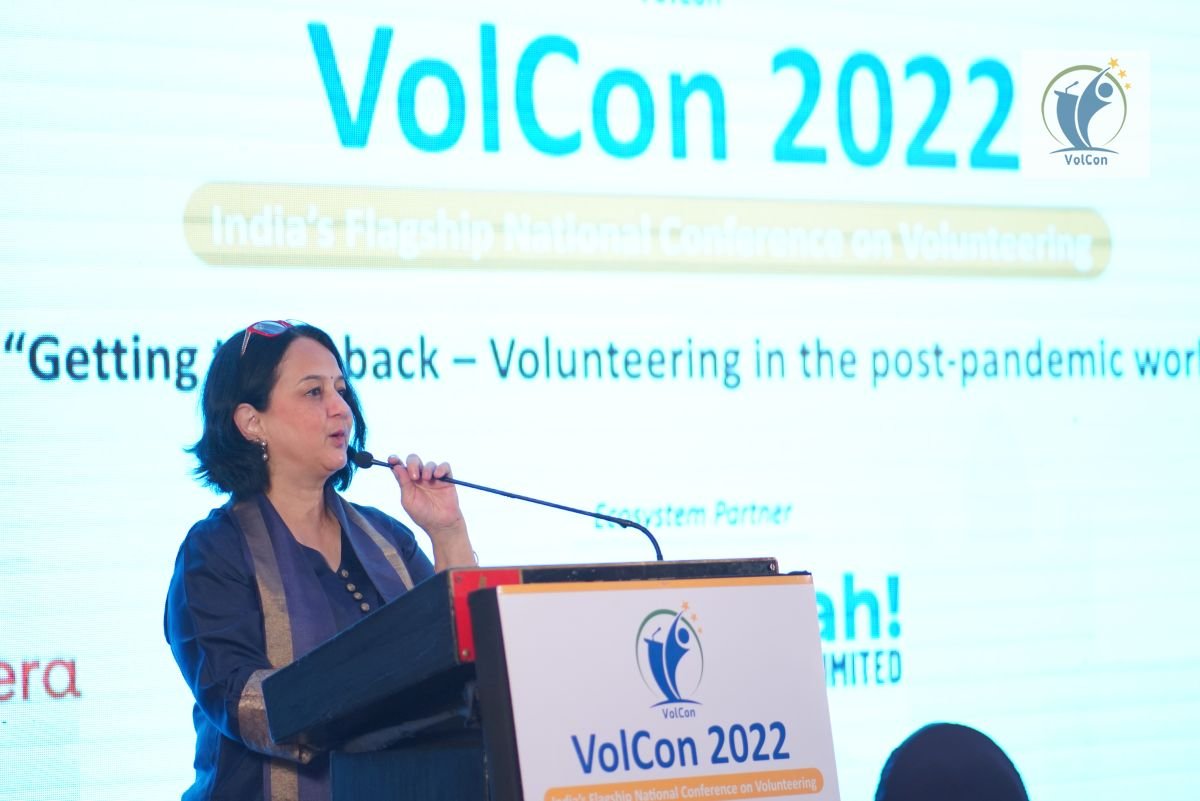WOMEN SAFETY
Going Beyond Straitjackets
Women, all around the world, are unsafe; in their own homes, their places of work, their neighbourhoods, or on some random street corner at the darkest hour of the night wearing ‘slutty’ clothes. The fact of the matter is, despite all the giant steps mankind has taken since Neil Armstrong, we cannot tell a woman, representing, as she does, half of the world’s people, that she is safe. That she will not be violated, assaulted, abused, raped or condescended to about how it was somehow her fault, in her lifetime. Because odds are, she will be. As a global community, we should be ashamed. To establish over that we live in an unsafe city, nay, an unsafe world for women is otiose unless we pay attention to the solutions being proposed and implemented on macro and micro levels to correct the situation. If these means are limiting to a woman’s ability to be self-sufficient or encouraging the patriarchal notions that cause these issues in the first place, that is a clear indicator that these so-called preventive measures are akin to a superficial balm, and do little to unseat the seeds that proliferate this crisis.
One can attest that feminists projecting these ideas are often dismissed or criticized for taking a moral stand in a situation where practicality is clearly crucial. What does it matter if it’s degrading? Just wear a longer skirt or a higher neckline! Just use the tracking apps that are gendering surveillance! Don’t drink unless there is an army of sober bhaiya figures to watch your back! And don’t be getting home after dark, even if you’re limiting your career to do it! If this is what it takes to keep yourself safe, then flush your principles down a toilet, because they are not what’s keeping you alive.
From a cursory view of things, this might make sense. Not just to the narrowminded overlords of the typical Indian household, but even to the educated literati of metropolitan cities whose primary aim, despite their claims to reasonable fairness and intellectualism, is to keep themselves and their children safe. However, with a deeper understanding, we realize that these ‘principled concerns’, however preachy they might be accused of being, and however futile they may seem to real-time issues, in the end, if ensuring women safety is a Sustainable Development Goal for 2020, then trying to merely stall or prevent specific instances of violence against women by building temporary (and always highly limiting, often degrading) barriers around them will get us nowhere.
There is no better example than Indian culture for a place that practices this type of closed, short-sighted defending mechanisms. From an observatory standpoint, what have we achieved? Female abuse in domestic settings, sexual harassment in the workplace, molestation, assault, verbal abuse, rape, and worse – the statistics for the number of cases reported every day for each of these are downright depressing. Every individual violation prevented is a victory, by whatever means that victory might come. But ultimately we are telling the young, bright women who will inherit and run this world that compromising their independence and freedom to choose is the only way around, that they will have to trade a standard of living much lower than their male counterparts, to be safe. This is unacceptable.
The task of ensuring that women are safe cannot just involve putting the ones you care about in straitjackets. The solution has to be larger in its vision, its blueprint, and its execution. One of the fatal flaws in the way that we have been addressing this problem is that the majority of the audience being addressed and motivated to action is female. It is the victims that our campaigns, speeches, and drives are directed towards. We ask them to ‘do’. Every action verb is directed towards the woman. When we get it wrong, which is often, it asks women to restrict their lives to ensure they live. Even when the dialogue is more sensitized, it still puts the onus of ‘solving’ and ‘preventing’ on the party that does little to create the problem. Leave your abusive husband, carry a pepper spray, take that self-defense class. Women empowerment and women safety is not just a women’s issue. Men need to be as much a part of the conversation.
And this should start at the earliest and most minuscule levels. A good part of a man’s character is shaped by the kind of upbringing he’s received. If you have a son, do not instill in him a feeling that he’s a prize, certainly not over any other female child you may have. Teach him equality and respect, not through moral science lectures (although anything would be welcome in the current situation), but by setting a good example. Treat your wife right, share her workload, and do not take her for a god-gifted multitasker. Cook meals on a regular basis, and teach your sons that men making dinner for their families is neither a novelty nor a favour to the woman. Children can grow to embody the kind of relationships they see during their childhood. Talk about sex. Let that knowledge come in complete and full form through you, at an appropriate age, rather than letting your children get it half-baked and skewed from their friends or from pornography. In the few addresses, I’ve heard directed to men, they often involve telling them to look at women like they are their sisters or mother-figures. The stupidity of this statement is akin to the advice given to public speakers to imagine their audience to be idiots, to overcome stage fright. Not only is this ineffective and impossible to see through, it also tells men that women should only be respected if they’re related to you. That is an outrageous mentality to encourage.
Women- the current condition might be all we have known, but this is not a way of life anyone should have to get used to. This is abnormal. If we internalize the restrictions in our lives, subconsciously we will pass them on as the ‘done thing’ to other women. We will tell our daughters the same things we are being told, and so our cities, our country and the world will have another generation of women who will hear the word ‘potential’ all their life but waste it away in shackles of fear. We need to actively disown it, and then work, loudly and with purpose, alongside men, to change it.



































